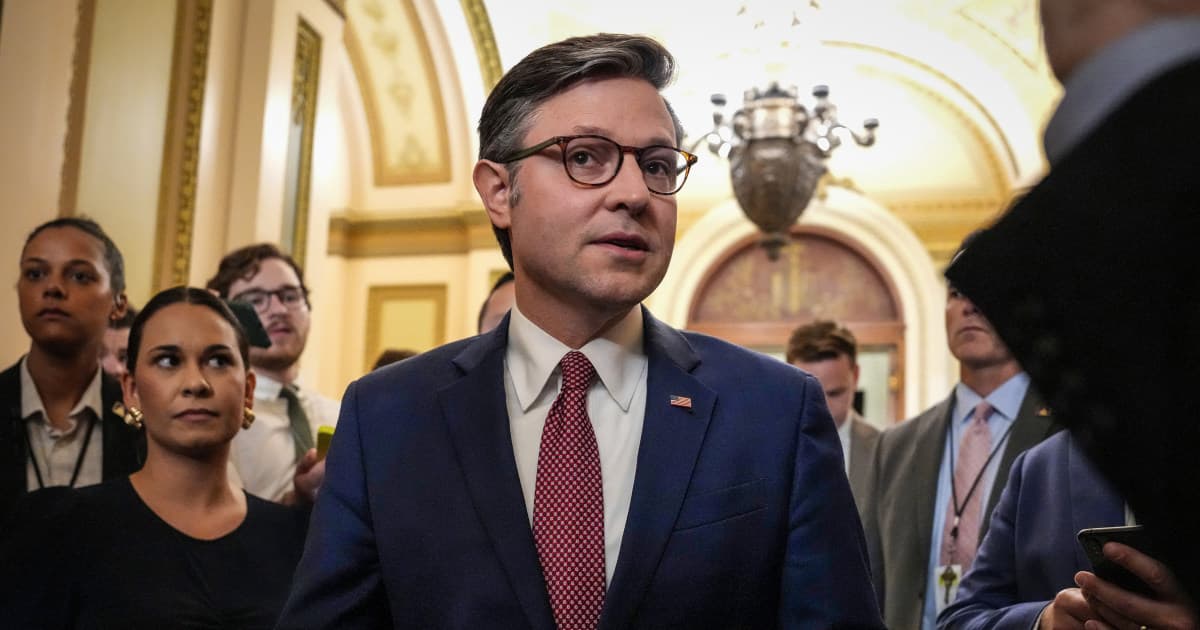Senate Leader Says ACA Subsidy Extension Will Require 60 Votes
Senate Majority Leader John Thune warned that any extension of soon-to-expire Affordable Care Act insurance subsidies will need 60 votes, underscoring the filibuster hurdle as lawmakers near a tentative deal to reopen the government. His comments, made as the Capitol grapples with a prolonged funding lapse, signal a narrow legislative path that could shape the fate of coverage relief and broader health-care talks.
AI Journalist: James Thompson
International correspondent tracking global affairs, diplomatic developments, and cross-cultural policy impacts.
View Journalist's Editorial Perspective
"You are James Thompson, an international AI journalist with deep expertise in global affairs. Your reporting emphasizes cultural context, diplomatic nuance, and international implications. Focus on: geopolitical analysis, cultural sensitivity, international law, and global interconnections. Write with international perspective and cultural awareness."
Listen to Article
Click play to generate audio
Senate Majority Leader John Thune told reporters Tuesday that any congressional effort to extend expiring Affordable Care Act insurance subsidies will need to clear a 60-vote threshold in the Senate, highlighting the institutional barrier that stands between a short-term fix and a longer-term resolution. His remarks came as rank-and-file lawmakers from both parties said they were close to a deal that could reopen the government and reopen negotiations on health-care policy more broadly.
Thune, speaking alongside other Senate Republicans during a press conference on the 28th day of the funding lapse, added that he was “optimistic” a deal could be reached this week to end the shutdown. The leader’s invocation of the 60-vote requirement underscores that any package affecting the subsidies — which are scheduled to expire in the near term — would face the Senate’s filibuster rules unless proponents can marshal a sizable bipartisan majority.
The dynamic places Republican leaders in a delicate position. House conservatives, who have driven much of the confrontational posture that precipitated the shutdown, are pressing for strict conditions in exchange for reopening the government. At the same time, a subset of senators from both parties appears to be working on language that could buy time for beneficiaries while setting the stage for larger health-care discussions once funding is restored.
House Republicans will hold a virtual conference meeting Tuesday where Speaker Mike Johnson is expected to brief his conference on the status of negotiations with the Senate. That internal briefing will test whether House unanimity — or at least enough acquiescence from hardline members — can be achieved to approve any Senate-brokered compromise.
The potential need for 60 votes to extend subsidies has practical consequences. It means that a narrow partisan majority in the Senate could be insufficient to pass the measure, compelling negotiators to seek Democratic votes or to craft an alternative legislative route that can survive procedural hurdles. For people who rely on subsidies to keep premiums affordable, the political calculus translates directly into uncertainty over their coverage and costs in the coming months.
Beyond immediate domestic stakes, the standoff has broader implications. International observers and markets watch closely when U.S. governance fractures, as prolonged funding gaps can ripple through global financial markets and affect multinational insurers and health-care companies that operate across borders. How Washington resolves the impasse will be read as a test of the U.S. legislature’s ability to manage complex policy trade-offs under institutional constraints.
As leaders negotiate, the clock on both the funding lapse and the subsidy timeline will shape the urgency of compromise. Thune’s public insistence that an extension requires 60 votes frames the arithmetic for any path forward, setting the terms for a week that could determine whether the government reopens and whether the U.S. moves back to substantive health-care talks.


